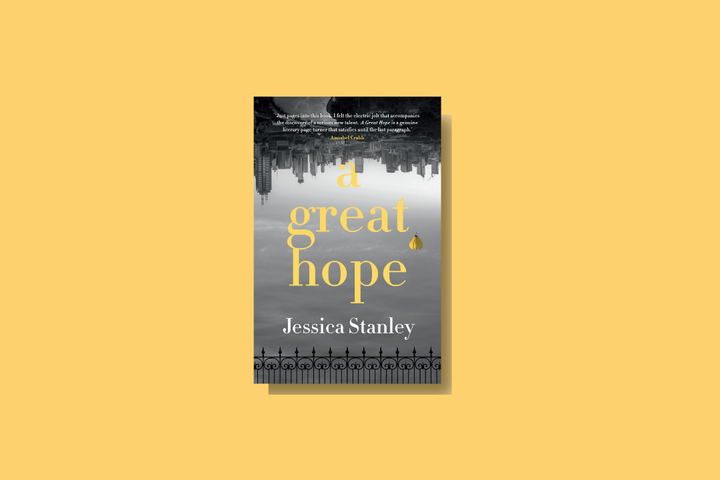Much of this punchy and impressive debut is anchored in fact: the date of the first leadership spill of the Rudd turned Gillard government in June 2010, the subsequent election of that year where Australia’s first female Prime Minister relied upon a handful of independents to form minority Government. Quotes from interviews given by real life political players during interviews with 7.30 are published verbatim. John Clare, however: charismatic union leader, turned shoe-in political candidate, a beloved workmate yet often absent disappointment to his family, is fictional. Great care is taken by Stanley to invoke the hopeful and increasingly hopeless sentiment of that 2007-2010 era, throughout a breezy 400 pages easily demolished in barely a few days. The emergence of the toxicity of the climate wars, the interference of mining companies, the despair at doing something or nothing, is now playing out with more urgency and devastation today: it’s hard to finish this book without feelings of frustrated nostalgia.
While the opening pages hint at a standard crime thriller (it is made clear from the start John did not jump or fall accidentally), the chapters that follow reveal a more nuanced mystery: who knew John the best and who suffered the most, paid the highest price for his success? His wife Grace, his mistress Tessa, the Clare family’s teenage neighbour, and his two children Sophie and Toby all share the book equally and Stanley isn’t at all afraid to linger in their prickly, moody and even off-putting aspects.
Stanley worked in journalism and politics and brings plenty of knowledge on the mind games and trappings of Australian politics, all the while drawing inspiration from great detective novelist PD James and Jonathan Franzen’s penchant for characters whose intriguing sides stem from their most shameful antics. The more off-putting their behaviour – and there are plenty of moments to cringe at – the more bizarrely sympathetic they become. The final third gallops to tidy up the loose ends and the hopeful ending is earned, although slightly exasperating. This isn’t due to the writing – which is consistently sharp – but because the characters can so easily inoculate themselves from the consequences of political decision making. Moving into simpler lives (you can almost hear them practising gratitude) and retiring from advocating to remake a fairer world is a luxury unaffordable to most.




